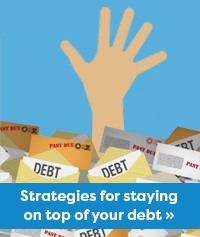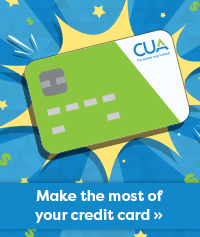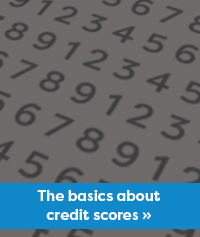The Better Way to Pay Off Credit Card Debt

While credit cards can be a useful tool for day-to-day purchases, they are most valuable to you when they are paid off in full each month, avoiding the addition of interest charges. Debt can be a slippery slope, especially when you're carrying a large sum at a high interest rate over an extended period of time.
Revised Jul. 7, 2022
If your spending has resulted in a hefty balance on one or more credit cards that you cannot pay off in full, consider a personal loan as a way to consolidate the debt and reduce your interest costs.
- Loans often carry far lower interest rates than credit cards, which can have rates in excess of 20%. For example, if you carry a $1,000 purchase on your credit card for a year (at 20% interest), it will cost you $200 more than the purchase price.
- Loans and their repayment terms can be flexible to your individual needs. At CUA, we offer flexible terms between 12-60 months, so you can pay off the debt in a time frame that makes sense for you and your budget. If you don't have an emergency fund, consider choosing a slightly longer loan term to lower your monthly payments, freeing up disposable income to start a savings account. With an emergency fund, you'll avoid relying on credit cards to pay for life's unexpected surprises such as car or home repairs.
- Loans are considered "fixed" debt, meaning you'll borrow the amount you need, your payments will be the same, and you'll have an exact date to mark on the calendar, noting when your debt will be paid in full. Your balance or "total amount owing" will only go in one direction - down. And when your loan is paid off, you can shift some or all of your regular payment amount to saving for a big purchase or retirement.
Revised Jul. 7, 2022






